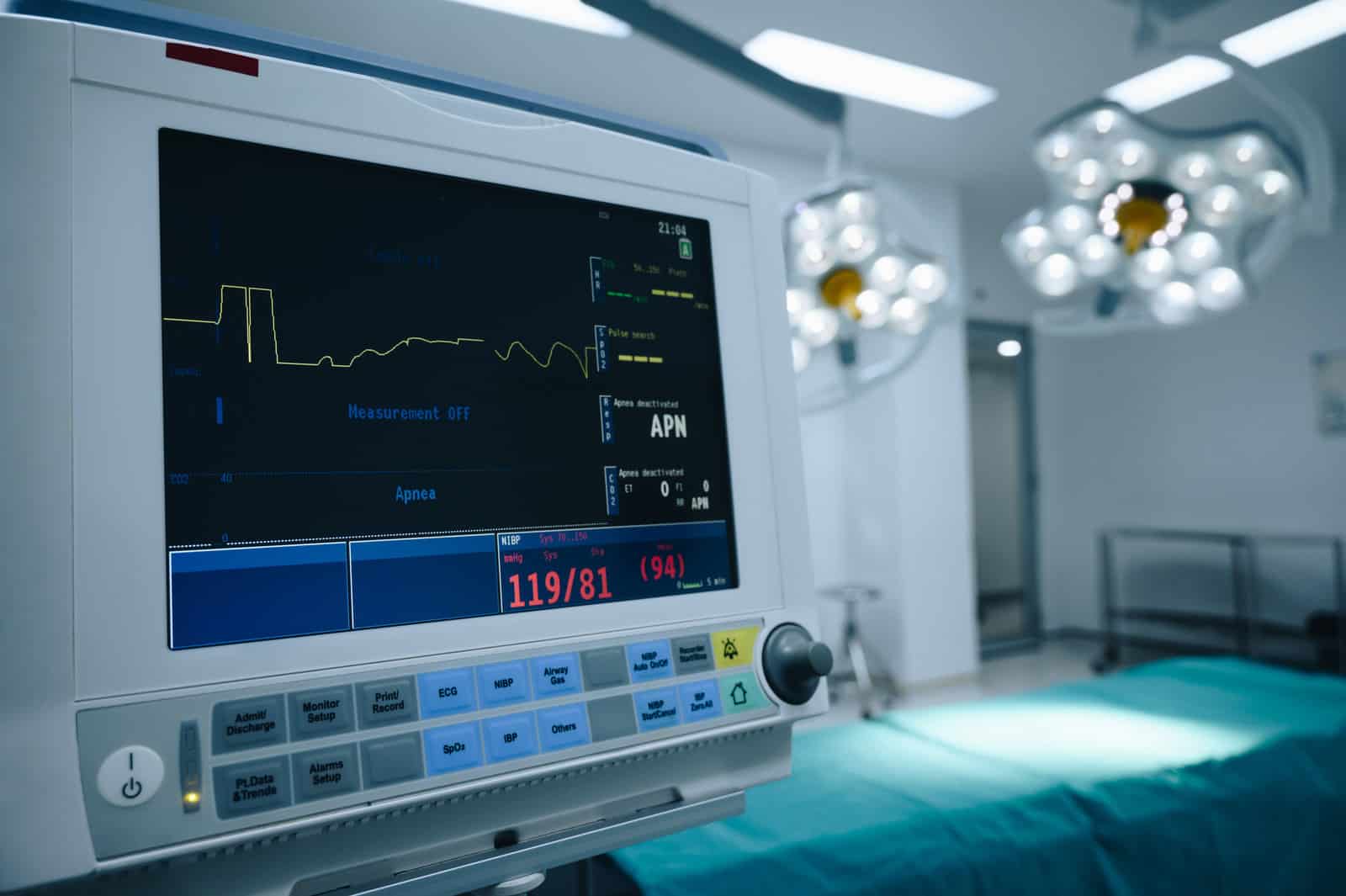Respiratory Rate

The respiratory rate is the number of breaths taken per minute. The average respiratory rate for an adult at rest is 12-20 breaths per minute. Respiratory rates can increase when a person is exerting themselves, excited, or in pain.
A person's respiratory rate is usually measured when they are at rest and breathing normally. To measure your respiratory rate, simply count the number of breaths you take in one minute.
You can do this by counting the rise and fall of your chest, or by counting the number of times your stomach moves in and out as you breathe. Once you have counted for one minute, multiply that number by 60 to get your respiratory rate per minute.
Normal respiratory rates can vary depending on a person's age, weight, and activity level. For example, newborns typically have a respiratory rate of 30-60 breaths per minute. adults generally have a respiratory rate of 12-20 breaths per minute.
However, rates may be higher for children and young adults and can increase when a person is very active, has a fever, or is in pain.
A high respiratory rate can be a sign of many different medical conditions. If you are breathing more than 30 times per minute, it is important to speak to a doctor as this could be a sign of an infection, heart failure, or another serious condition.